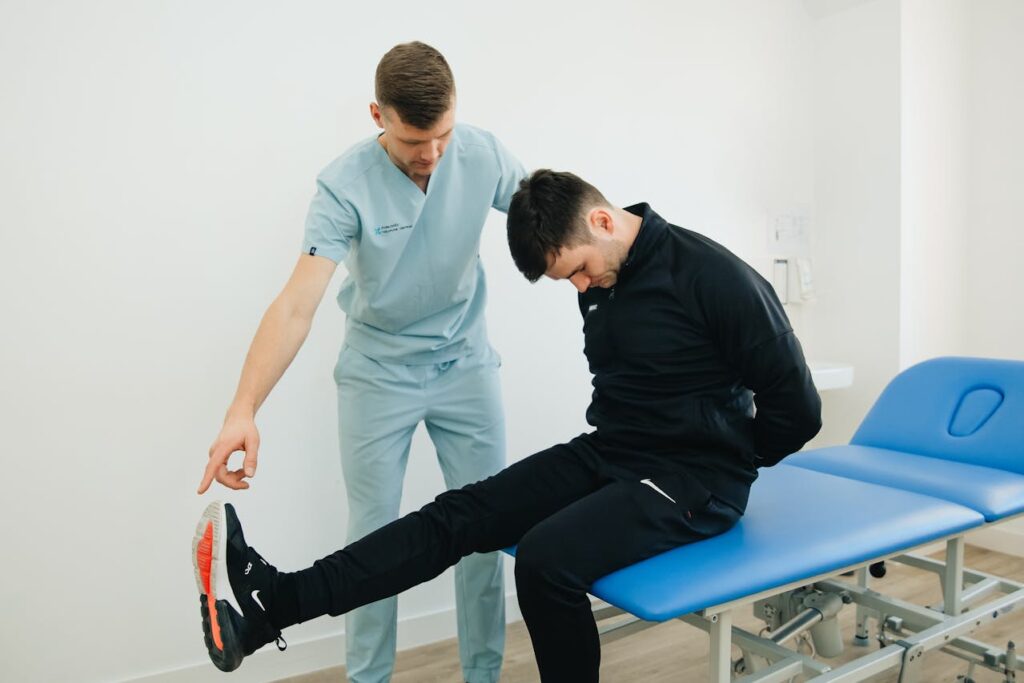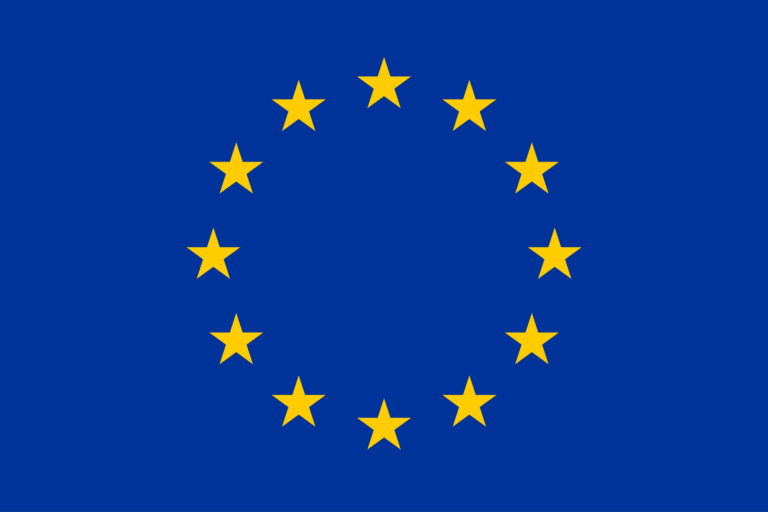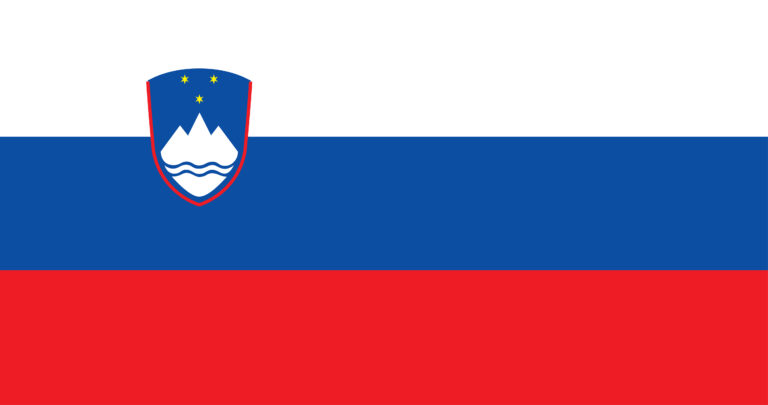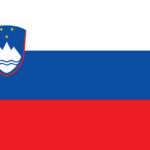Introduction: Understanding Physiotherapy Degrees in Europe
Physiotherapy is a critical healthcare profession that focuses on restoring movement and function to individuals affected by injury, illness, or disability. Across Europe, physiotherapists play an essential role in improving patients’ quality of life through rehabilitation, prevention, and health promotion. With a growing focus on rehabilitation and wellness, the demand for qualified physiotherapy degree czech students is on the rise, particularly in healthcare settings such as hospitals, rehabilitation centers, sports facilities, and private clinics.
As the need for physiotherapy professionals continues to increase, high-quality education becomes a key factor in ensuring that new graduates are well-equipped to meet the demands of the field. A well-structured physiotherapy degree provides students with a robust foundation of theoretical knowledge, clinical skills, and professional development, all of which are essential for success in this hands-on healthcare profession.
In this context, the Czech Republic stands out as an attractive destination for aspiring physiotherapists. The country offers well-established academic programs in physiotherapy, which are recognized across Europe.

With the integration of rigorous academic curricula and practical clinical experience, the Czech Republic has become an increasingly popular choice for students seeking to pursue a physiotherapy degree.
Physiotherapy Degree Overview in the Czech Republic
A physiotherapy degree is designed to equip students with the knowledge and skills necessary to assess, diagnose, and treat individuals with physical impairments. This degree covers a broad range of subjects, including anatomy, biomechanics, physiology, kinesiology, and pathology, while also providing a thorough understanding of therapeutic techniques such as manual therapy, exercise rehabilitation, and electrotherapy. The primary goal of a physiotherapy degree is to develop professionals who can effectively treat a wide range of conditions, including musculoskeletal injuries, neurological disorders, and cardiovascular diseases.
In the Czech Republic, the educational pathway to becoming a qualified physiotherapist typically begins with a three-year Bachelor’s degree in Physiotherapy. This program is designed to provide students with a strong foundation in the fundamental aspects of physiotherapy, including the scientific principles underlying human movement and the practical skills required to perform assessments and treatments. Upon completion of the Bachelor’s degree, students may choose to continue their studies with a two-year Master’s program to deepen their knowledge and specialize in areas such as sports physiotherapy, rehabilitation, or pediatric physiotherapy.
The Czech education system follows the European Credit Transfer and Accumulation System (ECTS), which standardizes higher education across Europe. A Bachelor’s degree in physiotherapy in the Czech Republic requires the completion of 240 ECTS credits, while a Master’s degree typically requires 120 additional ECTS credits. This system ensures that students meet established academic standards and provides a clear framework for recognizing qualifications across different European countries.
The physiotherapy degree programs in the Czech Republic are structured to integrate both theoretical coursework and practical training. This combination ensures that students are not only well-versed in the scientific underpinnings of physiotherapy but are also proficient in applying their knowledge in real-world clinical settings. Throughout the degree, students engage in clinical internships, which are a key component of the training process.
Admission Requirements for Physiotherapy Degrees in the Czech Republic
To enroll in a physiotherapy degree program in the Czech Republic, prospective students must meet specific academic and language proficiency requirements. Generally, applicants must have completed secondary education, obtaining a high school diploma or its equivalent, which demonstrates foundational knowledge in subjects such as biology, chemistry, and physics. This basic academic background is essential as physiotherapy studies rely heavily on understanding human biology and medical concepts.
In some cases, universities may require entrance exams or interviews as part of their admission process. These exams typically assess a candidate’s knowledge of subjects like anatomy, biology, and general science. Interviews, if applicable, often focus on evaluating a candidate’s motivation, communication skills, and interest in pursuing a career in physiotherapy. Entrance requirements may vary depending on the specific institution, so it is essential for applicants to consult individual university websites for detailed criteria.

For international students, many physiotherapy degree programs in the Czech Republic offer courses in English. To ensure effective communication and academic success, most universities require non-native speakers to demonstrate proficiency in English. Typically, applicants must provide standardized test scores such as IELTS or TOEFL to prove their language skills. Universities usually set minimum score requirements, which can vary by institution but generally fall within a range of 6.0 to 7.0 for IELTS or 80 to 90 for TOEFL, depending on the program’s specific demands.
Costs and Financial Considerations for Studying Physiotherapy in the Czech Republic
The cost of studying physiotherapy in the Czech Republic varies depending on whether the program is offered at a public or private institution. Public universities generally have lower tuition fees for domestic students, with tuition fees for international students. Private institutions, however, tend to have higher fees. These fees usually cover the core aspects of the program, such as tuition, access to facilities, and administrative costs. Additional expenses may arise from laboratory fees, books, and other materials required for the program.
In addition to tuition, prospective students must consider the cost of living in the Czech Republic. The country offers a relatively affordable cost of living compared to many Western European nations. Rent in major cities like Prague may be higher, but it is still more affordable than in cities such as London or Paris.
Living expenses for food, transportation, and other essentials are generally reasonable. Transportation costs are also manageable.
For international students, there are various scholarships and financial aid options available. Some universities offer merit-based scholarships, while others provide financial aid based on need. Additionally, the Czech government and international organizations offer scholarships to students from certain countries or for specific academic achievements.
Practical Training and Internships
Practical training plays a crucial role in preparing physiotherapy students for their careers. Internships, integrated into the academic programs, allow students to apply their theoretical knowledge in real-world settings under the supervision of experienced professionals. This practical experience is an essential part of the curriculum, providing students with the opportunity to work directly with patients and gain insight into the day-to-day responsibilities of a physiotherapist.
Students in the Czech Republic are typically required to complete a set number of internship hours as part of their degree program. The duration and specific requirements may vary depending on the university and the level of the program. However, it is common for Bachelor’s degree programs to require around 1,000 to 1,200 hours of clinical practice, with some programs incorporating internships that span multiple semesters. These internships are conducted in various healthcare facilities, including hospitals, private clinics, rehabilitation centers, and sports therapy centers.
Career Opportunities After Completing a Physiotherapy Degree in the Czech Republic
Physiotherapists graduating from institutions in the Czech Republic can expect a wide range of career opportunities. The healthcare sector in the country is growing, and there is an increasing demand for qualified physiotherapists in both public and private healthcare facilities. Hospitals, private clinics, rehabilitation centers, and wellness centers are the primary employers of physiotherapy professionals. Additionally, physiotherapists are often sought in specialized areas such as sports physiotherapy, orthopedics, and neurological rehabilitation.
One of the most significant areas of demand for physiotherapists in the Czech Republic is rehabilitation. With an aging population and rising incidences of chronic conditions, there is a continued need for professionals who can provide rehabilitation services to help patients recover and maintain mobility. Additionally, there is a growing trend in wellness and preventive care, especially in the context of sports physiotherapy and fitness.
Sports physiotherapy is a highly sought-after specialization, given the country’s growing interest in sports and fitness. Pediatric physiotherapy is another niche, addressing the needs of young patients with developmental conditions or injuries. Geriatrics is also a critical field due to the aging demographic, requiring physiotherapists to provide care for elderly individuals dealing with mobility and age-related issues. Neurological rehabilitation, which involves working with patients who have conditions such as stroke or multiple sclerosis, is an additional area where demand is rising.

In terms of salary expectations, physiotherapists in the Czech Republic can expect varying wages depending on their level of experience, area of specialization, and the type of facility in which they work.
Physiotherapy Associations in the Czech Republic
The Czech Physiotherapy Association (Česká asociace fyzioterapeutů) plays a pivotal role in the professional development of physiotherapists in the Czech Republic. As the national body representing physiotherapy professionals, the association supports the continuing education and training of its members. It provides a range of services, including professional development opportunities, certification programs, and workshops, to help physiotherapists stay current with the latest research and advances in the field.
One of the primary benefits of membership in the Czech Physiotherapy Association is access to a network of professionals. Through conferences, seminars, and networking events, members can connect with peers, exchange knowledge, and collaborate on projects. These opportunities for professional engagement are valuable for career growth and development. The association also plays an advocacy role, representing the interests of physiotherapists in discussions with policymakers and healthcare organizations.
Certifications and Further Education for Physiotherapists in the Czech Republic
After completing a Bachelor’s degree in physiotherapy, graduates in the Czech Republic can pursue further education through Master’s programs or specialized certifications, as we alread mention.
Beyond Master’s degrees, there are also several opportunities for professional development through short courses and workshops. These continuing education programs allow physiotherapists to stay updated with the latest research, techniques, and trends in the field. Specialized certifications, such as those in manual therapy, dry needling, or orthotic fitting, are common pathways for physiotherapists looking to enhance their skills and marketability.
Licensing requirements for physiotherapists in the Czech Republic are well-defined and ensure that graduates meet national standards. After completing their degree, physiotherapists must register with the Czech Physiotherapy Association and apply for a license to practice. This registration is a necessary step to legally provide physiotherapy services in the country. The licensing process typically involves submitting proof of education, completing an internship, and sometimes passing a national exam.








